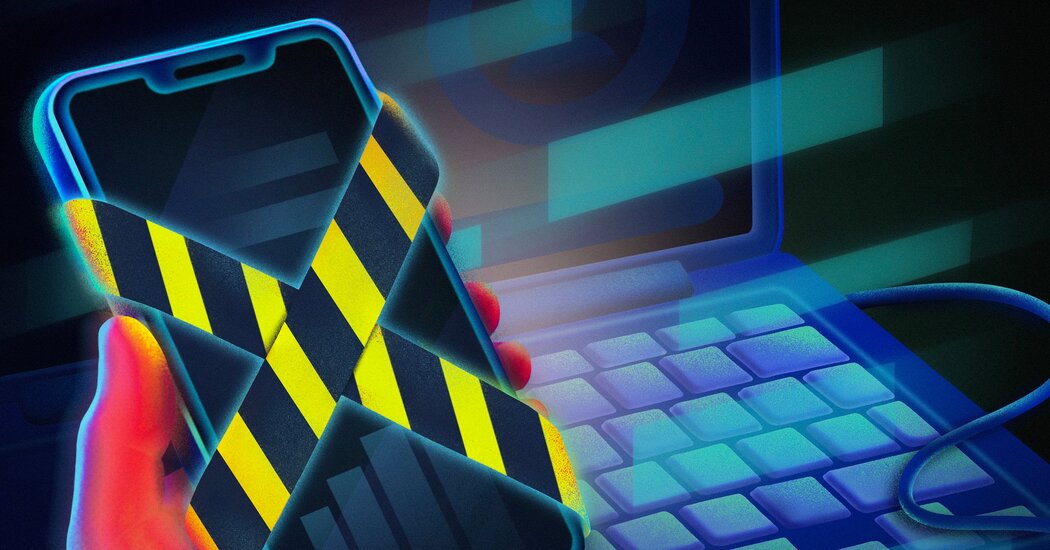
When I travel to Asia this summer, I plan to leave my iPhone at home. Instead, I’ll pack a different phone lacking my staple apps, like Instagram, Slack and Signal. It won’t even be logged in to my work email.
No, I’m not planning a digital detox. I’m choosing to travel with what’s known as a burner phone because my personal device contains sensitive data that I don’t want others, particularly U.S. border protection officers, to search.
For over a decade, the federal government has had the authority to conduct border searches of travelers’ personal electronics, including phones, laptops and tablets. In recent years, such inspections have steadily increased, though they happen to only a small portion of people entering the United States.
Last year, the U.S. Customs and Border Protection agency reported that it had conducted roughly 43,000 electronics searches, up from about 38,000 in 2023.
To be clear, I may be particularly paranoid as a journalist who is constantly working to protect confidential sources from being outed, so a burner phone is an extreme measure that most people won’t find practical or even necessary.
Hilton Beckham, the assistant commissioner of Customs and Border Protection, said in a statement that less than 0.01 percent of travelers have their devices searched. These searches, she said, are conducted to look for content related to contraband, terrorism and information related to visitor admissibility.
We are having trouble retrieving the article content.
Please enable JavaScript in your browser settings.
Thank you for your patience while we verify access. If you are in Reader mode please exit and log into your Times account, or subscribe for all of The Times.
Thank you for your patience while we verify access.
Already a subscriber? Log in.
Want all of The Times? Subscribe.
